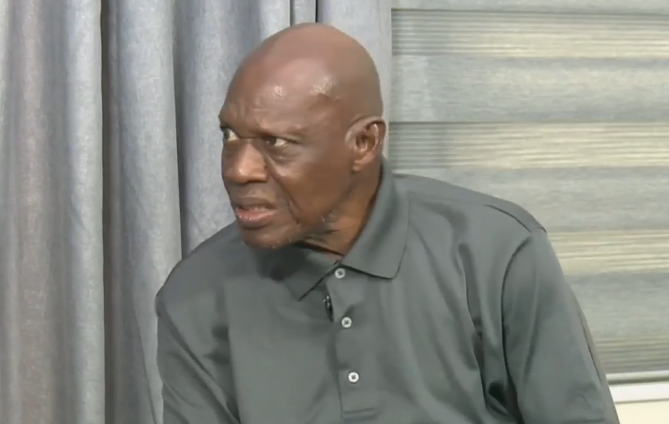A former justice of the Supreme Court, William Atuguba, has attributed the increasing decline in the public’s trust in the judiciary to a constitutional problem.
Speaking on JoyNews’ Upfront, Justice Atuguba said the problem stems from the appointment process – explaining that the Judicial Council, charged with the responsibility to appoint judges, has presidential nominees join in their deliberations.
This, he contended, could raise questions about the autonomy of the judiciary and whether political influence plays a role in judicial appointments.
“You want the judiciary to be independent, the Constitution states. Nonetheless, on the Judicial Council, which recommends justices be appointed, you have the Attorney General and four nominees of the president sitting there, taking part in the proceedings as to who should be presented for appointment to the Supreme Court.”
“Where is the independence of the judiciary? We have the executive so strongly present there.” Justice Atuguba quizzed.
He scrutinised the composition of the Judicial Council noting that the current structure does not discourage political influence.
“The present structure of the Judicial Council, has the Chief Justice as chairman, a representative of the Supreme Court and the various other lower courts (Appeals Court, High Court, etc), the Judge Advocate General from the Armed Forces, the director of the Police Legal Directorate, editor of the law reports, two members of the bar association, and then the four presidential nominees and the Attorney General.”
“Now, if you look at it realistically, who can stand up to a Chief Justice who wants to do the president’s bidding? I mean, just for the sake of argument, who can stand up? Is it the Attorney General and the four nominees? They will certainly try to push for the president, isn’t it?”
Furthermore, he acknowledged the potential sway of other Council members, including those from the Ghana Bar Association, who might align their decisions with personal inclinations.
“Then the representative of the Supreme Court, it also depends on how he stands in relation to the Chief Justice. If he’s not independent-minded, he may always like to side with the Chief Justice,” he said adding that other representatives of the courts may also side with the Chief Justice too.
The former Supreme Court Judge advocated for a change in the composition of the Judicial Council.
He emphasised the need to remove executive members from the Council to ensure its independence in executing its duties.
“In the separation of powers, the executive should be separate from the judicial arm so that they are independent and can do their work freely. Then you bring them there to police their appointments from the beginning? Is that how to achieve an independent judiciary?”
ALSO READ:

